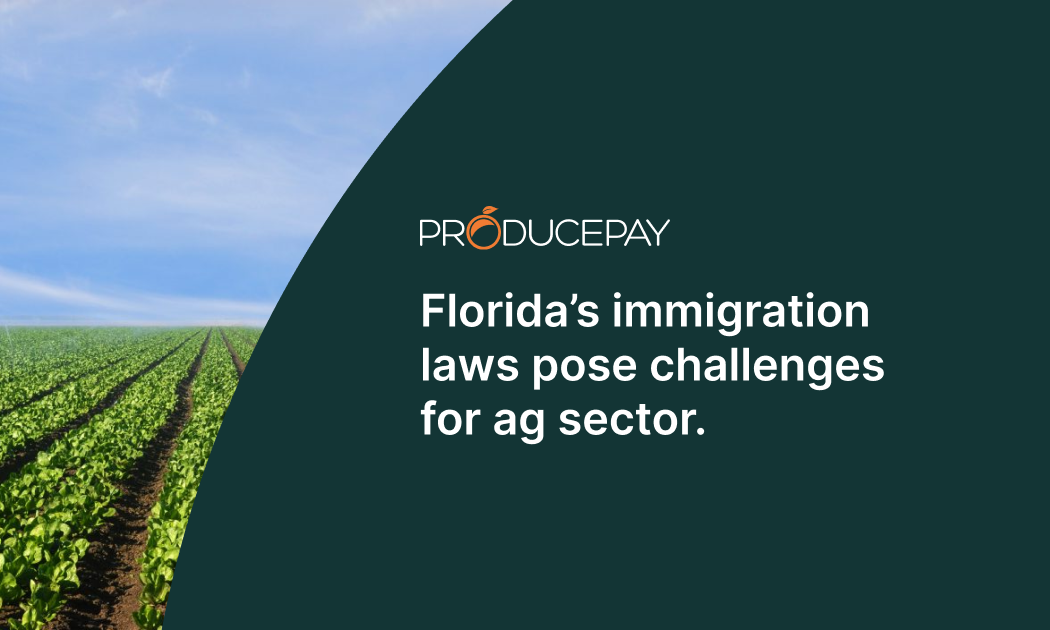
Florida’s immigration laws pose challenges for ag sector.
The implementation of stricter immigration laws in Florida has raised concerns about the potential impact on the agricultural sector. With an estimated 300,000 undocumented farm workers in the state, these laws could result in labor shortages, crop losses, and increased labor costs.
According to the Farmworker Association of Florida estimate, this figure represents a significant concern. With approximately 500,000 farm workers in the state, 60% of the sector’s workforce would be threatened.
While the implications of these laws could affect the agricultural sector as a whole, certain crops are more susceptible to the potential consequences.
- Citrus: Florida is famous for its citrus production, including oranges, grapefruit and limes, where labor plays a key role in the planting, care and harvesting of these crops.
- Tropical fruits: The state’s warm climate promotes mango and pineapple, both of which are labor-intensive crops.
- Leafy greens: Florida is one of the leading producers of leafy greens in the United States, including lettuce, spinach and cabbage.
How far can the agricultural sector be affected?
- Labor shortages
The recent law approved in Florida requires companies with more than 25 employees to use the E-Verify system, so virtually all agricultural production companies will have to comply with this regulation. This would immediately affect employers, as finding workers is likely to become increasingly difficult.
- Inability to work agricultural land
The labor shortages could potentially lead to the abandonment of certain agricultural lands, rendering them unproductive and unharvested.
- Decline in productivity
This situation could also lead to a decrease in agricultural productivity in Florida, resulting in a reduced profitability. Additionally, labor shortages could also drive up wages, further straining employers who may struggle to afford higher labor costs.
What can produce growers and buyers do?
In light of potential disruptions to the global supply chain of certain commodities, where Florida holds a dominant position in production, it is crucial for buyers to secure an adequate volume to meet their future demand. This can be achieved through programs that engage with farmers from the United States or other countries.
Meanwhile, Florida growers can explore financing options that enable them to sustain their operations and manage unexpected expenses, such as the rising cost of labor. Given the current economic climate in the industry, maintaining a strong financial position and ensuring cash flow becomes indispensable.
Sources: The Packer, El Economista, Expansión, Infobae
